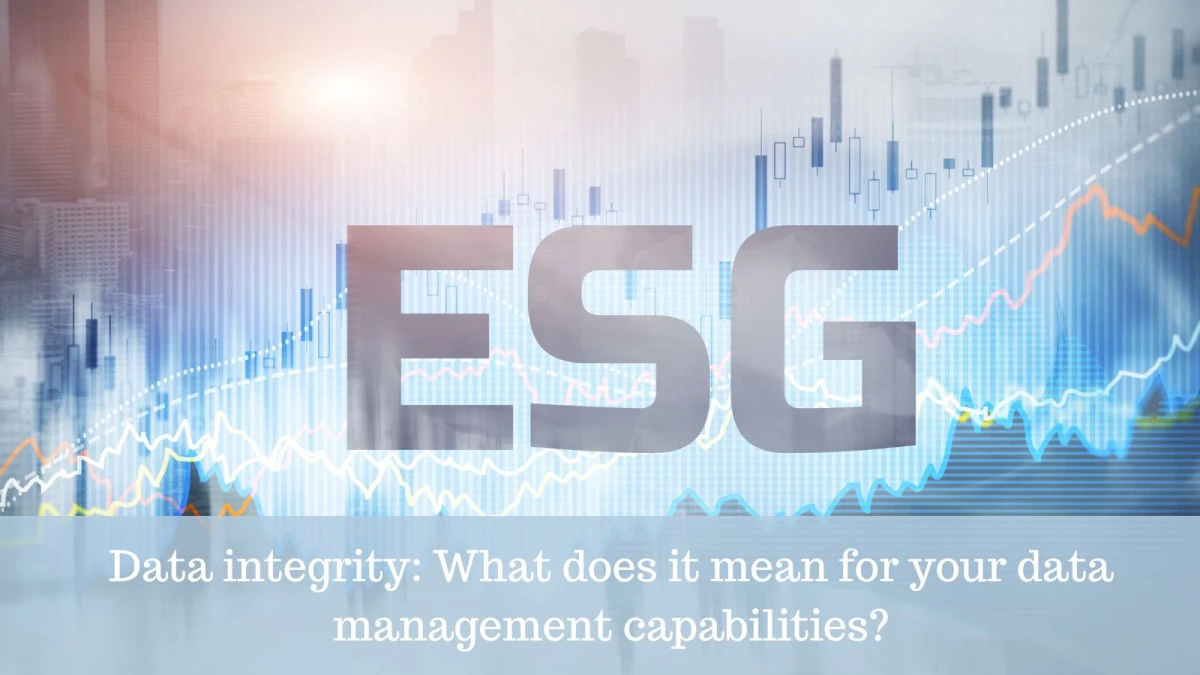
Why you need Data Integrity for ESG reporting
Is your company making commitments to environmental, social, and governance (ESG) efforts? How are you quantifying those results, and can you make sure you have the most accurate and current data?
The latter question holds the issue for many – while it’s easy to add, messaging and imagery on your website, products, and beyond, things become more difficult when reporting and compliance for those efforts come into the picture.
Across industries, data for ESG initiatives share at least one major thing in common: gathering and analyzing the data for compliance and reporting is a massive, costly undertaking – one that goes beyond manual capabilities. That’s because ESG data can be both qualitative and quantitative; structured and unstructured; diverse and dispersed.
You need a flexible framework to efficiently identify, understand, and link the underlying data elements required for accurate, consistent, and contextualized ESG reporting.
In summary: your ESG data needs data integrity. Let’s examine that more.
The growing demand for ESG data
Formal government regulations are certainly on the rise, but to this point, the demand for transparent ESG practices has been driven by the public – from customers, investors, and employees who want to engage with companies that drive meaningful initiatives around what they care about: topics like diversity and inclusion, ethical business practices, environmental issues like climate change, and data privacy.



